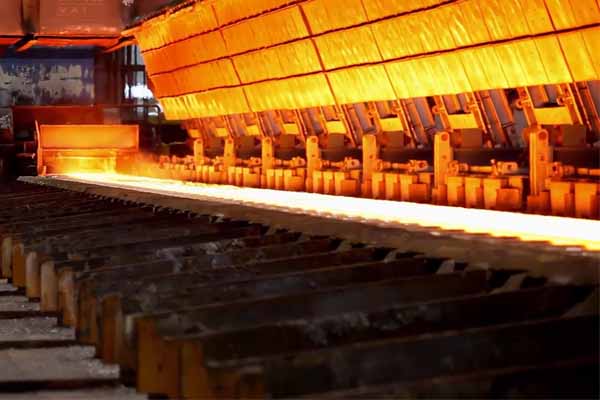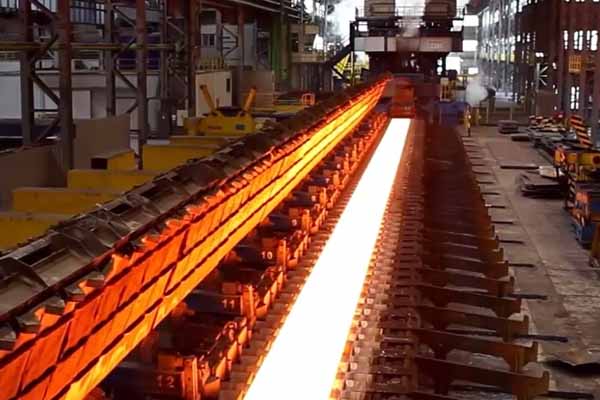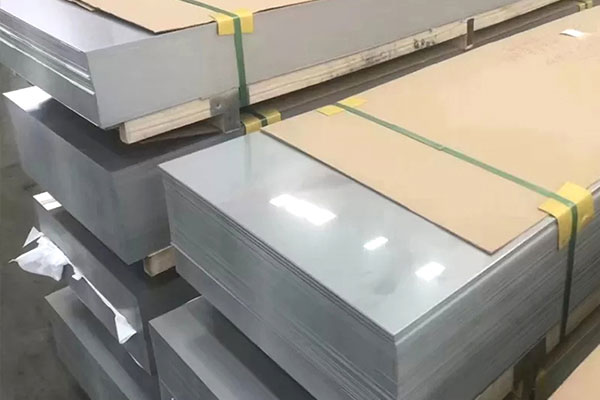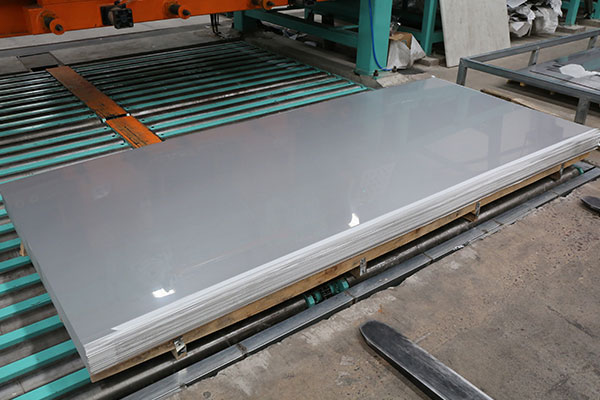Reasons and Solutions for Yellowing or Blackening of Stainless Steel Plate Surfaces
Date:2025-06-24View:1319Tags:stainless steel plate dealer,ss plate supplier,stainless steel sheet
Stainless steel is widely used in various industries such as construction, home decor, medical equipment, and kitchenware, due to its excellent corrosion resistance and attractive appearance. However, in certain circumstances, the surface of stainless steel plates may become yellow or black, which not only affects its aesthetic appeal but may also impact its service life. So, what causes these issues, and how can they be effectively resolved? This article will provide a detailed explanation.
Reasons for Yellowing or Blackening of Stainless Steel Plate Surfaces
-
High-Temperature Oxidation
When stainless steel plates are used in high-temperature environments, especially at temperatures above 800°C, oxidation reactions occur on the surface, forming an oxide layer. The thickness of this oxide layer leads to different colors on the stainless steel surface, commonly yellow or black. This happens because elements such as iron, chromium, and nickel in the stainless steel react with oxygen at high temperatures, forming an oxide layer.
-
Chemical Corrosion
Although stainless steel has strong corrosion resistance, it may still corrode under certain conditions, particularly when exposed to strong acids or alkalis. Chemical corrosion damages the protective layer on the surface, causing yellow or black spots to appear. This kind of corrosion is commonly seen in industries such as foodservice, chemical manufacturing, and marine engineering.
-
Improper Cleaning
Improper cleaning of the stainless steel surface can also cause yellowing or blackening. For example, using unsuitable stainless steel cleaners or failing to thoroughly rinse after cleaning can leave behind chemical residues that react with the steel, resulting in spots or discoloration.
How to Solve the Problem of Yellowing or Blackening on Stainless Steel Plates?
-
Avoid High-Temperature Exposure
When using stainless steel plates, try to avoid prolonged exposure to high-temperature environments. For areas that may come into contact with high temperatures, choose special stainless steel materials with higher heat resistance. If stainless steel plates have already been affected by high-temperature oxidation, chemical or mechanical polishing can help restore their appearance.
-
Use the Right Cleaner
When using a stainless steel cleaner, ensure that the pH level is appropriate, avoiding highly acidic or alkaline cleaners. During the cleaning process, refrain from using harsh materials such as steel wool, which may scratch the surface.
-
Post-Welding Treatment
After welding, promptly clean the welded areas to prevent the formation of oxide layers. Stainless steel-specific cleaning agents or pickling solutions can be used to clean the weld zones and restore their original shine.
-
Passivation Treatment
Passivation treatment is a commonly used protective measure that forms a dense oxide film on the stainless steel surface, enhancing its corrosion resistance. Passivation not only prevents yellowing or blackening of the surface but also extends the service life of the stainless steel, especially in environments with significant chemical corrosion.
How to Choose High-Quality Stainless Steel Plates?
Choosing high-quality stainless steel plates is the first step in preventing surface problems. When purchasing stainless steel plates, you should pay attention to the following:
-
Material Quality: Ensure the stainless steel plates meet national standards, and choose higher-grade stainless steel such as 304 or 316, which offer better corrosion resistance.
-
Supplier Reputation: Choose a reputable stainless steel supplier to ensure product quality and after-sales service.
Why Choose RonscoPlate Stainless Steel Plates?
At RonscoPlate, we offer a wide range of high-quality stainless steel plates suitable for various applications. Our stainless steel plates are manufactured using advanced production processes, ensuring smooth, flat surfaces and strong corrosion resistance that effectively prevent surface issues caused by temperature fluctuations or chemical corrosion.
Our stainless steel plates undergo strict quality control and comply with international standards, making them ideal for industries such as construction, manufacturing, shipping, and chemical engineering. If you are looking for high-quality stainless steel plates, RonscoPlate is your perfect choice.
Yellowing or blackening of stainless steel plates is a common issue encountered during use, but these problems can be effectively avoided and repaired with the correct prevention and treatment measures. Choosing high-quality stainless steel plates and performing regular maintenance can significantly extend their service life. If you have any further questions or need more information about stainless steel plates, feel free to visit RonscoPlate and contact us. We are here to provide professional products and services.
 English
English Русский
Русский







